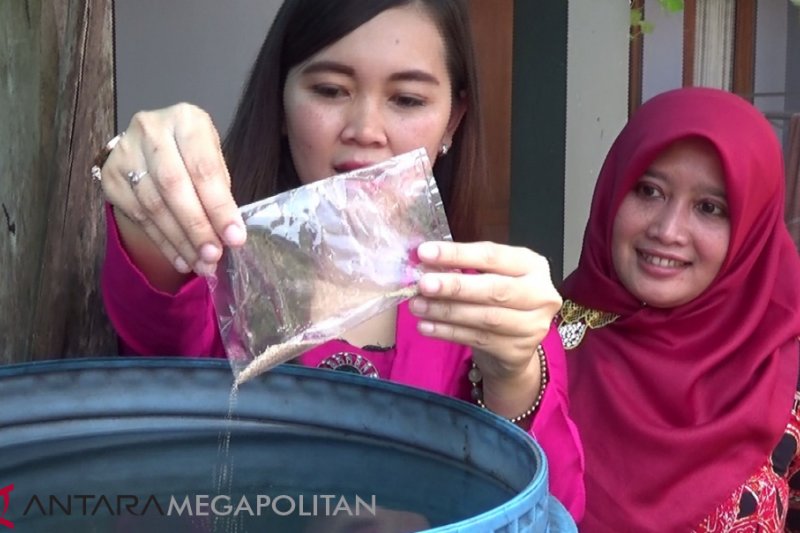A hidden network across much of Europe helps abortion-seeking Ukrainian women fleeing the war. Many of the women have been raped by Russian soldiers.
Poland, which receives the most Ukrainian refugees, has one of Europe’s strictest abortion laws. Abortion is completely prohibited, except in cases of incest, rape or danger to the mother’s life.
– Unfortunately, we know from our Polish partners that the Polish government does not give Ukrainian women access to abortion, even if they have been victims of rape. The problem is that even if their pregnancy is the result of rape, they must be able to prove it, and they have no way to do that, says political leader of Sex & Society in Denmark, Maria Lindhardt to DR.

Those who help a woman to have an abortion in Poland can be punished with imprisonment for up to three years.
Nevertheless, thousands of volunteers in various organizations work to ensure that many of those who want an abortion get it.
Since the war started, the aid organizations have had websites and brochures translated into Ukrainian. They have a network of foreign doctors who write prescriptions for abortion pills, which are sent to Poland by post.
– It is forbidden to help them and we risk a lot, but we cannot help it, says Kinga Jelinska of the organization Abortion without Borders.
The Polish state not only refuses to help women in need, but they prosecute those who do the work for them, explains Jelinska.

Many pregnant women arrive too late to be able to use abortion pills. It is not safe after the 12th week.
– They have to go abroad to have a surgical abortion, and it is usually urgent.
A number of European countries accept women from Poland and Ukraine for abortion. But it is very difficult to find your way around. Different countries have different limits on free abortion. You have to arrange travel and accommodation, and ensure that you get a place at a clinic or hospital.
– We help with all of this. Most are helped to the Netherlands, where the abortion limit is 22–24 weeks, says Jelinska
They collect money for the trip and a large network ensures that they have a place to stay before and after the procedure.
– All this practicality is difficult enough for Polish women. The Ukrainians are also traumatized by war, and on the run in a foreign country, she emphasizes.

In Ukraine, the abortion law is roughly the same as in Norway: abortion is free up to 12 weeks, and both birth control pills and abortion pills are sold over the counter.
With the war, access to abortion pills suddenly disappeared. Hospitals are bombed, many doctors work around the clock to save lives.
A gynecologist in Kyiv tells NPR that she noticed a three- to five-fold increase in demand for abortion pills a few months after the war began.
– There are many reasons for not wanting to complete a pregnancy when there is war, points out Jelinska.
Many have lost their jobs and homes, they are struggling to get by from day to day. They are on the run and maybe they already have children. Many men are at the front or dead, and the future prospects are uncertain, to say the least. In such situations, it is not easy to take responsibility for (another) child.

– We never ask pregnant women why they seek an abortion, any reason is good enough. The most important thing is to help pregnant women in such an emergency. They themselves know what is best in their lives and for their bodies, emphasizes Kinga Jelinska.
In Poland, the first trial in Europe in which an activist has been prosecuted for helping someone to have an abortion is currently underway. Justyna Wydrzynska, who worked on a helpline for abortion seekers, is accused of sending another Polish woman abortion pills. She now risks three years in prison. The case will be decided in March.


